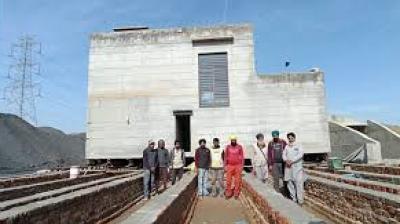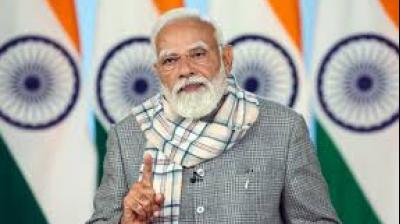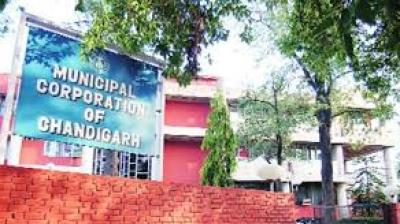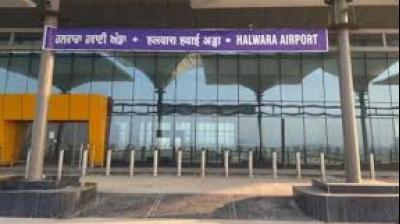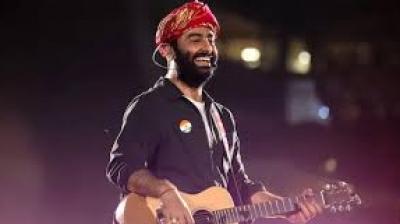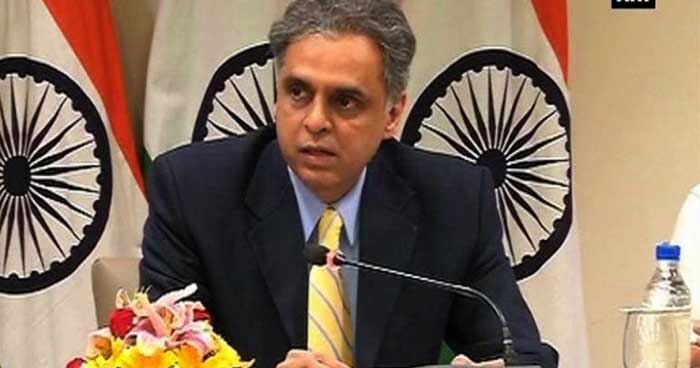
United Nations: With nearly two-thirds of members of the UN General Assembly supporting India's Dalveer Bhandari in the election to the International Court of Justice, India has strongly quelled rumours about withdrawing from the race. India has also ruled out any compromise asserting that the candidate who enjoys overwhelming support of the General Assembly members can be the only legitimate candidate to go through. In the straight contest between the remaining two individual judges - Bhandari and Britain's Christopher Greenwood Justice Bhandari, 70, has consistently received significantly more votes, India's Permanent Representative to the United Nations Syed Akbaruddin said.

The gap between him and the other candidate has been growing and in the last round was 53 votes among the general membership, Akbaruddin told representatives from more than 160 countries at a reception hosted for Bhandari at the UN headquarters here. "What happens in such circumstances? The precedent is clear. As is expected in the 21st century, the candidate who enjoys the overwhelming support of the General Assembly membership has always been selected as the only legitimate candidate to go through. As recently as three years ago, we had exactly the similar parallel...the pattern is exact. "In fact, if someone looks at the voting, it shows the will of the General Assembly rightly prevail in the ICJ election," he added.

The United Nations is our home. We will ensure that the will of the majority prevails. Times have changed," he said. Since the establishment of the UN, this election process "provides us with a clear opportunity" for all the general membership to contribute to make the difference, he said. "It's an opportunity that comes once in a lifetime for an individual. We did not plan for it. We did not ask for it. We are mere agents in the process. Our collective choice will make the difference on Monday," he said, with Bhandari standing by his side.
Impression is also sought to be created that India has agreed to a joint conference mechanism to break the deadlock. "Let me tell you right now upfront that not one person has approached me with this proposal, certainly not the representative of the country whose candidate is being faced," Akbaruddin said. "Yes, we have talked. Sure, we are diplomats, what else do we do? We talked, but never once was such a proposal made," he said. "If a proposal is made outside of us, I leave it to you what to think," he said. "Everyone can see where the momentum lies.

This is not the first such election where a decision has taken so long," he said referring to ICJ elections in 2014 and 2011. "The joint mechanism has never been resorted to as perhaps it is too complicated to implement," he said. He described this as a "toolkit" which has never been used in the history of the UN, and perhaps with valid reasons as it "opens a can of worms". Akbaruddin asserted that the momentum lies with India. "The situation is clear even at this stage.
One candidate has failed to reach anywhere near the absolute majority mark in the General Assembly for numerous consecutive rounds when he was in a group of six and when he is on a ballot with two names," he said. This election is getting prolonged only because the clear support of 121 is being equated to the support of nine, he said referring to the last round of ICJ elections held at the UN General Assembly and Security Council early this week. "The election to the world court cannot be decided by three or nine. It has to be decided on the floor of the house," he added.



